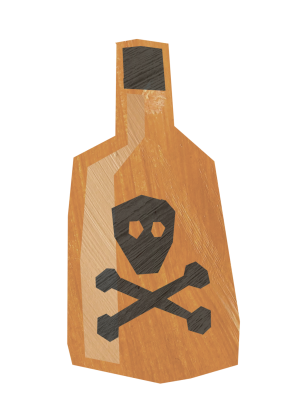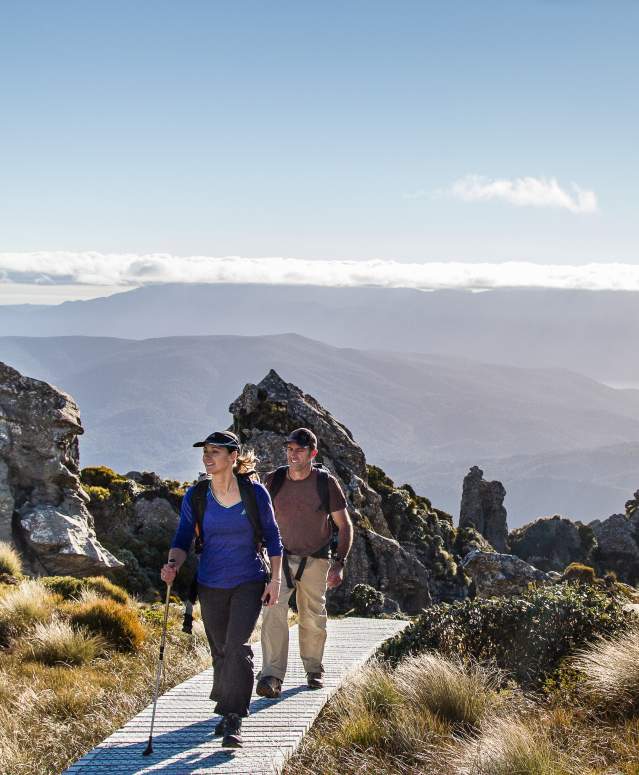Murihiku Southland's illicit whisky production has transformed from a shady past into a cause for celebration at the Hokonui Moonshine Museum in Māruawai Gore.
 Discover the captivating legend of the McRae family, Southland's infamous whisky producers turned folk heroes. Sip on this liquid gold, crafted with time-honoured traditions and a secret recipe, from the rugged Kintail district in Scotland to the hidden still of the Hokonui Hills!
Discover the captivating legend of the McRae family, Southland's infamous whisky producers turned folk heroes. Sip on this liquid gold, crafted with time-honoured traditions and a secret recipe, from the rugged Kintail district in Scotland to the hidden still of the Hokonui Hills!
The legend of Hokonui leads back to one family: the McRaes. The McRae family, renowned as New Zealand's most famous whisky bootleggers, have left an indelible mark in history for their production of the original Hokonui Moonshine. For over seventy years, starting in the late 1870s, the McRaes operated an illicit whisky distillery in Gore. In 1872, Mary McRae relocated from the Scottish Highlands to the South Island of New Zealand, settling in the Hokonui Hills with her seven children. Brewing or distilling alcohol in New Zealand required a license, with sales being subject to taxation. To avoid detection, the McRae family initially targeted professionals such as doctors and lawyers who were unlikely to report their activities to the authorities. They also implemented a policy of refraining from selling whisky "to any household where it would cause harm." Their exceptional product was renowned for its quality, often compared to the finest whiskies from Scotland, which had a centuries-old tradition in whisky-making. The whisky was discreetly packaged in unlabeled cans and milk bottles, earning the simple moniker "Hokonui," which eventually became synonymous with illegal whisky throughout Southland.
During the late nineteenth century, temperance was a contentious issue among New Zealanders, with many attributing poverty, illness, neglect, abuse, and economic instability to alcohol consumption. Although the government introduced restrictions on alcohol sales, total prohibition was never implemented. Instead, local communities voted on whether to ban alcohol sales within their own districts. From 1894 to 1908, twelve out of the country's seventy-six electorates voted in favour of such bans. This included the Mataura District, where Gore was situated, with sixty percent of residents voting to make alcohol sales illegal. This development worked in the McRae family's favour, further boosting the demand for their moonshine.
The McRaes largely evaded law enforcement by concealing their distilling equipment in secret locations throughout the creeks and gullies of the Hokonui Hills. In 1928, Hugh Sherwood Cordery assumed the position of Southland Customs Inspector, making it his personal mission to prosecute illegal distillers. Although he managed to arrest and bring multiple McRaes to trial, securing convictions proved challenging, as Southland juries were exceedingly reluctant to convict them. Another notorious whisky bootlegger, Gerald Enwright, established an extensive distribution network across Southland. In 1950, he was eventually apprehended by the police, leading to the seizure of his distilling equipment. However, the individual components were sold at an Invercargill auction house instead of destroying the apparatus. Enwright's associates emerged as successful bidders, enabling him to resume the production and sale of moonshine until his subsequent arrest in 1957.
The fascinating history of Southland's bootlegging operations is showcased at the Hokonui Moonshine Museum in Gore. The museum chronicles over thirty prosecutions related to illegal whisky distillation in the region. Additionally, the museum offers bottles of "Old Hokonui Whisky," produced by the Southern Distilling Company, a licensed and legal spirit manufacturer. This whisky is crafted using the McRae family's original recipe, which is preserved in a handwritten letter from 1895, now prominently displayed at the museum. The whisky's label incorporates a skull and crossbones, featured initially on Gerald Enwright's moonshine bottles. Beneath the pirate emblem, the label proudly states, "passed all tests except the police," alluding to the glowing reviews received by Murdoch McRae's whisky at the 1925 Dunedin Exhibition.
Cheers, or Slàinte Mhath, as they say in Scotland!
Old Hokonui Moonshine Museum & Distillery
Discover Gore’s Illicit Past at the Old Hokonui Moonshine Museum & Distillery. Located in the heart of Southland, the Hokonui Moonshine Museum tells the fascinating story of the McRae family and their legendary illegal whisky…


